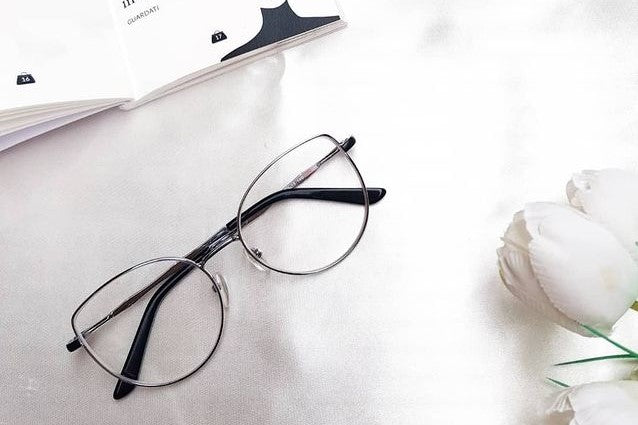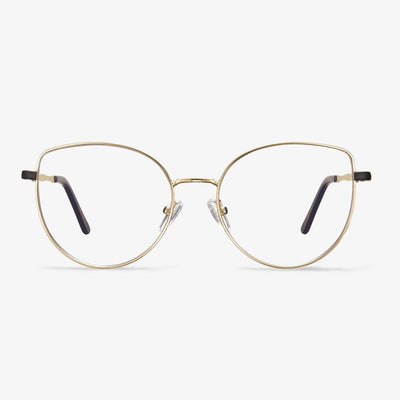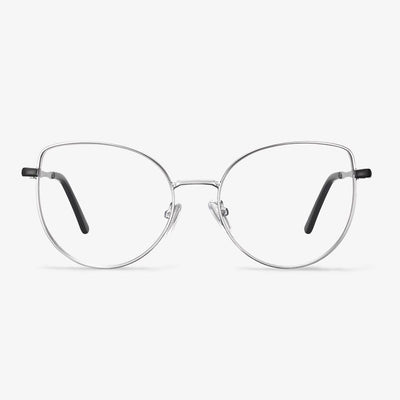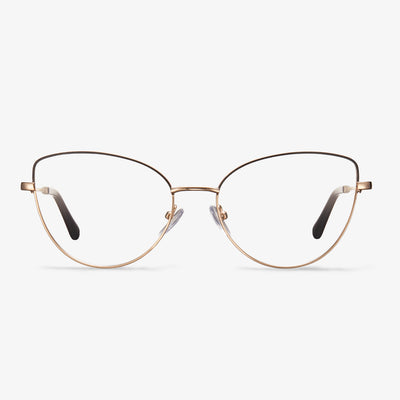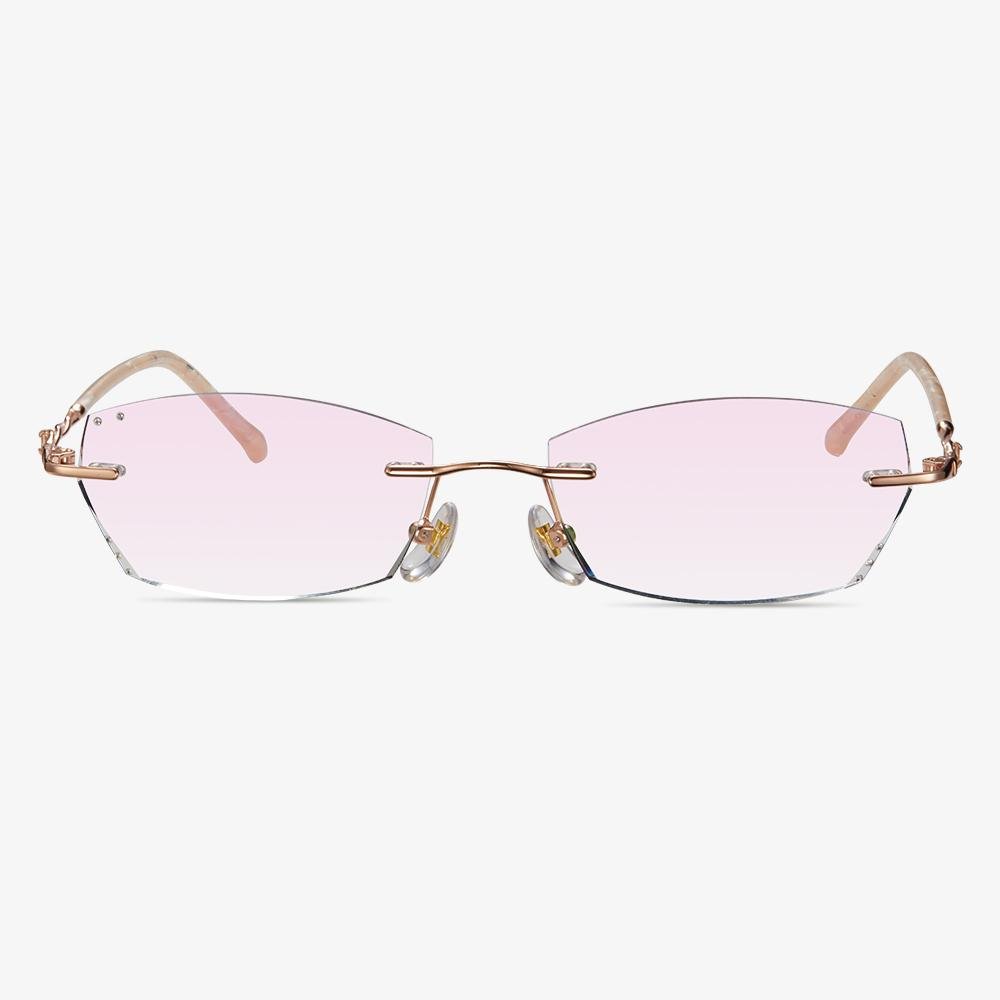Drivers can wear night-vision goggles
Night-vision goggles can prevent headlights from blinding, add color saturation, and make the field of vision clearer. The normal night vision glasses are golden yellow in color and have a metal coating on the surface. This is the use of diamond high perspective reflection film technology, in the lens to add color and film layer, in order to maximize the brightness of the object being seen. It is to compensate for the light for driving, which makes light pass through your eye. It can increase the three-dimensional sense of objects, making the line of sight more clear, to avoid confusion caused by blinding headlights.
Does the phone screen have irregular color bars when wearing polarized lenses?
It is mainly the special properties of the polarizing film. The polarizer is able to see the internal stresses in the plastic, so when we usually look at the edge of the mobile phone screen, it will have a colored stripe or a black piece, which is mainly caused by the uneven edge pressure when the screen is installed. It's mostly a matter of light and shade. Wearing a polarized lens to see the LCD screen a tilt will find that the screen darkens, mainly because the polarizing lens can absorb light in a certain direction. The LCD screen is a one-way light (different from sunlight), so it is absorbed, so it is found to be dark.
How polarized glasses can help you drive
The most important thing about polarized sunglasses is that they can be a good helper when you drive. When sunlight hits your eyes at an awkward angle, these sunglasses will save your life and save you from potential accidents. Polarized glasses can filter out the sunlight reflected from objects such as roads, snow, water, and other objects. It helps to neutralize the effects of reflected sunlight. Polarized sunglasses bring you an incredibly safe driving experience, with almost no interference and no harm to your eyes.
At night, glare and embarrassing lights are everywhere on the road, especially because random drivers come from the opposite side. Some of these driving high beams may disrupt your vision and cause potential accidents. Polarized sunglasses help reduce glare and save your life. Polarized lenses hardly reflect.
Do blue light glasses really protect your eyes?
Scientists at the University of Kansas in the United States summarized the results of studies around the world in the past 30 years and pointed out that there is not enough evidence in human trials to prove that blue light is related to macular degeneration, and there is no test showing that blocking blue light glasses are related to macular degeneration. Moreover, experts from the University of S?o Paulo in Brazil have observed after five years that patients who use anti-blue light intraocular lenses after cataract surgery have no difference in the incidence of macular disease compared with those who use ordinary intraocular lenses.
TR90 glasses frame
TR90 is not easy to deform and break, and it can withstand high temperatures and strong impacts. In addition, its material is relatively light, so many young people also like such glasses frames.
What is the processing technology to make the lens thin?
For myopic lenses, the larger the diameter, the thicker the edge. Therefore, for customers with high myopia, we will recommend frames with smaller ring diameters, so that the edges of the processed lenses will be thinner. The edges of farsightedness lenses are already very thin (convex lenses are thick in the middle and thin on the sides), and the key determinant of lens thickness is the center thickness. In addition to the refractive index, which affects the thickness of the farsightedness lens, the influence of diameter is more important. Therefore, for patients with farsightedness, the most effective way to make lenses lighter and thinner is to choose a smaller frame and then customize a pair of lenses with the right diameter.
Who needs computer glasses?
Blue light radiation from computer screens and so on usually only requires a piece of fiberglass to block, usually, we just use the anti-radiation glasses. Office white-collar workers often spend more than 8 hours a day working in front of a computer, and sometimes they spend their entertainment with a computer after going home. After long, the eye often can feel dry, sour bilge, ache, shed tears even, giddy. These are all related to the blue light stimulus emitted by the screen.







